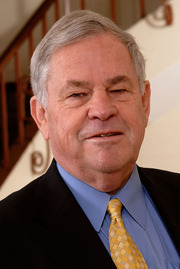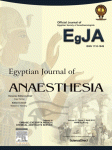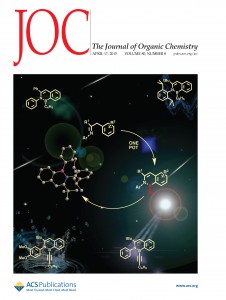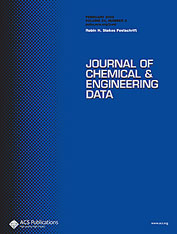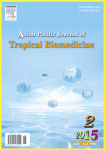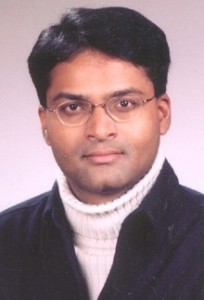 A lawsuit filed in October 2011 against Duke University and Anil Potti, who has retracted 11 papers and corrected a number of others amidst investigation into his work, has been settled, Retraction Watch has learned.
A lawsuit filed in October 2011 against Duke University and Anil Potti, who has retracted 11 papers and corrected a number of others amidst investigation into his work, has been settled, Retraction Watch has learned.
Potti resigned from Duke in 2010 following questions about his work, and revelations that he had lied on grant applications about being awarded a Rhodes Scholarship. He now works at a cancer center in North Dakota.
The lawsuit was filed by subjects in clinical trials based on Potti’s work. Plaintiff’s attorney Thomas W. Henson, who confirmed the settlement, tells Retraction Watch: Continue reading Malpractice case against Duke, Anil Potti settled
